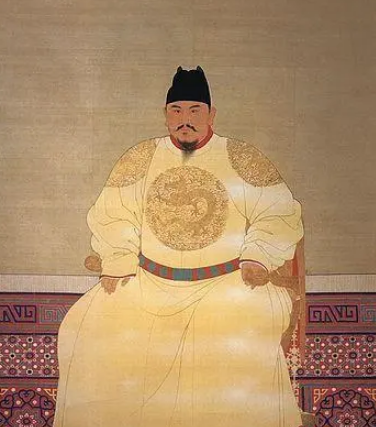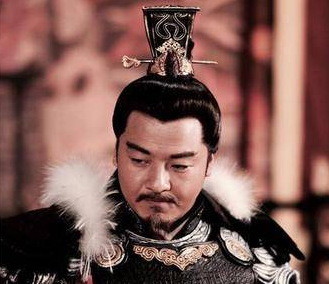In Chinese history, the flourishing Tang Dynasty is often praised as a golden age of cultural prosperity and political clarity. However, behind this brilliance, a shocking rebellion was brewing quietly within the empire. The protagonist of this rebellion was An Lushan, a general favored by Emperor Xuanzong. So, why did An Lushan dare to rebel during the prosperous Tang Dynasty? This article will delve into the reasons behind this historical event.

First, An Lushan's personal background:
An Lushan, originally a frontier general of mixed Turkic and Xianbei descent, gained the favor of Emperor Xuanzong due to his bravery and military prowess. He gradually accumulated power and status in the imperial court, becoming one of the important generals of the Tang Dynasty. However, as his power grew, so did An Lushan's ambition.
Second, the influence of the political environment:
1. Weakening of imperial power: Although the Tang Dynasty reached its peak during the reign of Emperor Xuanzong, over time, imperial power gradually declined. Issues like eunuch domination and corruption became increasingly serious, leading to the demise of centralized authority.
2. Ethnic tensions: Although the Tang Dynasty was a multi-ethnic country, ethnic tensions had not been completely eliminated. An Lushan's mixed-race identity allowed him to exploit these tensions, foment ethnic hatred, and find excuses for his rebellion.
3. Internal struggles within the ruling class: The late Tang Dynasty witnessed intense internal struggles among the ruling class. With his military strength and political skills, An Lushan gradually established his own influence in the court. This gave him sufficient confidence to challenge imperial power.
Third, economic and social factors:
1. Financial difficulties: In the late Tang Dynasty, due to frequent wars and official corruption, the national finances became increasingly strained. This made it difficult for the government to effectively maintain social stability, providing an opportunity for An Lushan's rebellion.
2. Social dissatisfaction: There was widespread dissatisfaction with the government at that time. In particular, in An Lushan's stronghold of Hebei, the people were enraged by the oppression and exploitation of the central government. An Lushan skillfully capitalized on this dissatisfaction, turning it into support for his rebellion.
In conclusion, An Lushan's courage to rebel during the prosperous Tang Dynasty was the result of a combination of personal ambition, political environment, economic, and social factors. This rebellion not only revealed the political corruption and social conflicts of the late Tang Dynasty but also left a profound lesson for Chinese history. By deeply analyzing this historical event, we can better understand the complexity of history and the multifaceted nature of human nature.
Disclaimer: The above content is sourced from the internet and the copyright belongs to the original author. If there is any infringement of your original copyright, please inform us and we will delete the relevant content as soon as possible.
































